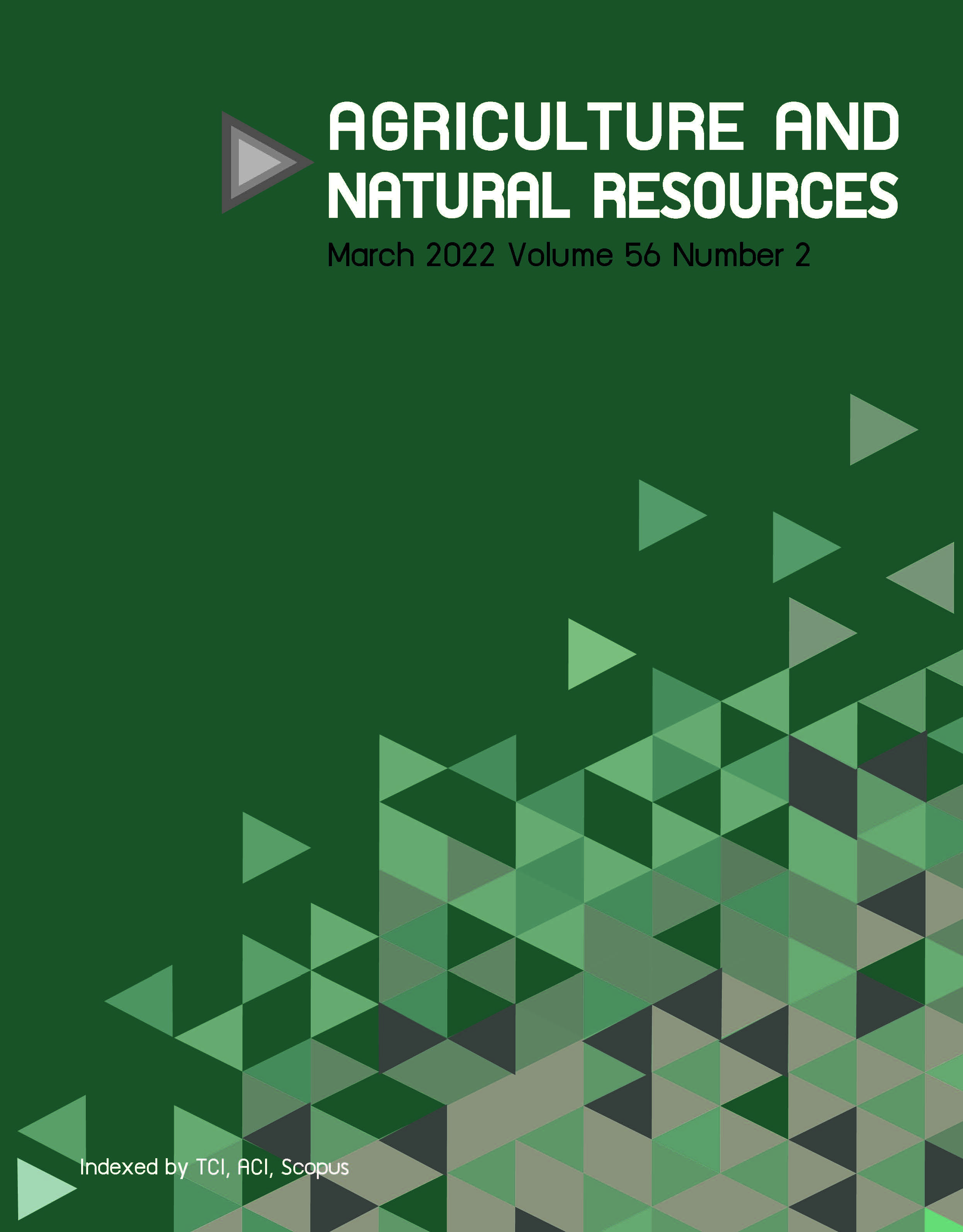High carbohydrate polymer biosynthesis and CO2 biofixation by indigenous acidophilic Coccomyxa dispar under elevated conditions system
Keywords:
Carbohydrate, CO2 Biofixation, Microalgae, Microalgae Growth, Outdoor CultivationAbstract
Importance of the work: Integrating microalgal cultivation with CO2 capture technology can improve microalgae-biorefinery process, yet, this approach is limited by the excessive supply of CO2 (acidic) in the microalgal cultivation system.
Objectives: To isolate and screen acidophilic microalgae that could exhibit the highest growth and carbohydrate productivity under extremophile conditions
Materials & Methods: In this study, a robust strain is selected and identified. The microalgal growth, carbohydrate content and productivity of a newly isolated strain was evaluated under different extreme cultivation conditions. With the optimum condition determined at the previous stage, further up-scaling of the strain in 20 L photobioreactor under indoor and outdoor condition was compared. The CO2 biofixation for the strain under both conditions were also evaluated.
Results: The strain was identified as Coccomyxa dispar. Results showed that the acidic conditions of pH 3.00, supplementation with 15% (v/v) CO2 concentration, light intensity of 5,400 lux, and temperature of 30°C are the most suitable conditions
for indoor cultivation of the selected strain. Further cultivation of the C. dispar in
a 20 L photobioreactor showed that the growth and carbohydrate productivity for
outdoor cultivation were 1.25 fold and 2.12 fold higher than for the indoor cultivation system. The CO2 biofixation by C. dispar of 0.181 ± 0.002 g/L.d was obtained from cultivation under outdoor conditions. The monomer sugars found in C. dispar biomass are glucose, galactose and L-arabinose.
Main finding: This study showed that extremophile C. dispar PUSM1_2 is a robust strain that can be a great candidate for alternative bioresource based on commercial dual CO2 capture and fine chemical products from a microalgal-carbohydrate-based product via bioconversion.
Downloads
Published
How to Cite
Issue
Section
License
online 2452-316X print 2468-1458/Copyright © 2022. This is an open access article under the CC BY-NC-ND license (http://creativecommons.org/licenses/by-nc-nd/4.0/),
production and hosting by Kasetsart University of Research and Development Institute on behalf of Kasetsart University.







